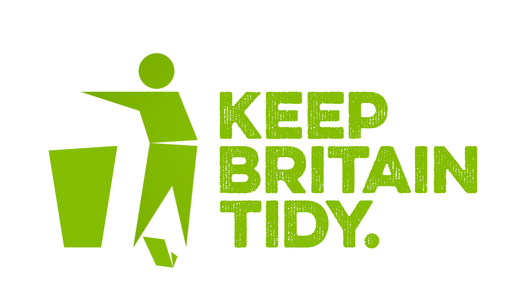Litter & the law
More than two million pieces of litter are dropped in the UK every day. The cost to the taxpayers for street cleaning is over £1 billion a year.
Litter is anything from a crisp packet or cigarette butt to a bag of rubbish. All litter is unsightly and makes our local areas look untidy and uncared for. Common litter items include fast-food packaging, sweet wrappers, drinks cans, bottles and cigarette butts.
Litter does not clean itself away. It can take years to degrade, causing harm to wildlife and habitats. Food people drop – whether it is half-eaten burgers, chips or apple cores - can attract pigeons and vermin such as rats.
Research shows litter contributes to further crime and that people feel less safe in areas that are littered.
Who is responsible for clearing away litter?

The Environmental Protection Act 1990 makes certain duty bodies legally responsible for keeping land which is under their control, and to which the public has access, clear of litter and refuse and their highways must be kept clean, as far as is practicable.
Duty bodies include crown authorities, principal litter authorities (local councils), governing bodies of educational institutions and statutory undertakers such as transport companies and operators.
Guidance on these duties is included in the Code of Practice
If litter is dropped on privately-owned land, it is either the owner or occupier who is held responsible for clearing this litter away.
What else can be done to tackle litter?

Local authorities have a range of powers available to them to help tackle litter problems.
As well as issuing Fixed Penalty Notices to individual people who drop litter, they can serve notices on other duty bodies, businesses, land owners and occupiers that compel them to clear up litter and put in measures to prevent the offence happening again.
Members of the public can also take action through the magistrate’s court if they believe that a duty body is failing in its duty to meet the standard set out in the Code of Practice on Litter and Refuse. If successful, the court can issue a Litter Abatement Order requiring that the litter and refuse from that area be cleared away.
What can you do?

Please do not litter. Use a bin for your rubbish and if you cannot find a bin, take your litter home with you.
Dropping litter is illegal. People who drop litter can be fined or face prosecution in court. Authorised officers have the power to issue a fixed penalty charge of up to £150 for a litter offence, as an alternative to prosecution. If the offender is prosecuted and convicted in court, the fine could rise to £2,500.
If you see accumulations of litter in a public place, report it to your local authority. Be specific about location, type and the amount of litter. Some local authorities have litter ‘hotlines’. If your council does not have a special number to call, litter reports are usually dealt with by cleansing, environmental health or technical services departments.
If the litter has accumulated on private land, in the first instance contact the council to see what they can do about getting it removed.
Help keep your area tidy, join our #LitterHeroes


